Home>Gardening & Outdoor>Landscaping Ideas>How Deep Do Bermuda Grass Roots Grow
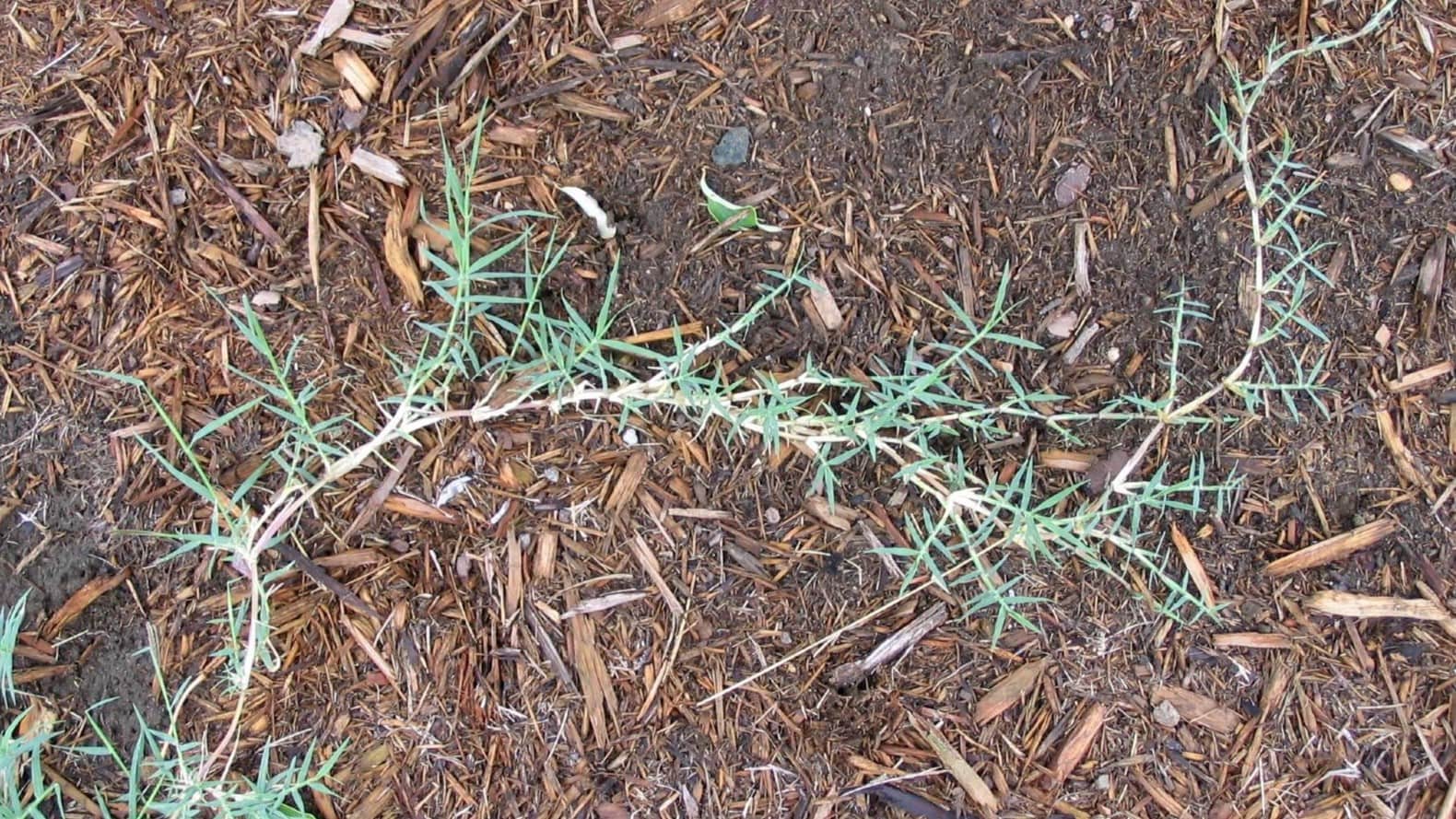

Landscaping Ideas
How Deep Do Bermuda Grass Roots Grow
Modified: May 6, 2024
Discover the optimal landscaping ideas for Bermuda grass roots. Learn how deep Bermuda grass roots grow and enhance your lawn care routine. Achieve a lush, healthy lawn with these expert tips.
(Many of the links in this article redirect to a specific reviewed product. Your purchase of these products through affiliate links helps to generate commission for Storables.com, at no extra cost. Learn more)
Introduction
When it comes to cultivating a lush and vibrant lawn, understanding the intricacies of Bermuda grass root systems is paramount. The depth at which Bermuda grass roots grow plays a pivotal role in the overall health and resilience of your lawn. By delving into the factors influencing root growth and the significance of deep roots, you can gain valuable insights into nurturing a thriving Bermuda grass lawn. In this comprehensive guide, we will explore the depths at which Bermuda grass roots penetrate the soil, the importance of their depth, and strategies to promote optimal root development. Let's embark on a journey to uncover the secrets of Bermuda grass root growth and discover how to foster a resilient and verdant lawn.
Key Takeaways:
- Bermuda grass roots can grow as deep as 2 to 6 feet, helping the grass access water and nutrients from lower soil layers, making it resilient in drought and stable against erosion.
- To promote deep root growth, water deeply and infrequently, aerate the soil, use balanced fertilization, maintain proper mowing heights, and engage in regular maintenance practices.
Read more: How Deep Is Turf Grass Root
Understanding Bermuda Grass
Bermuda grass, scientifically known as Cynodon dactylon, is a warm-season grass celebrated for its resilience and adaptability. This grass variety thrives in regions characterized by hot summers and mild winters, making it a popular choice for lawns, parks, and sports fields in such climates. Bermuda grass is renowned for its exceptional tolerance to foot traffic, heat, and drought, rendering it an ideal candidate for high-traffic areas and athletic fields.
One of the defining features of Bermuda grass is its extensive and vigorous root system. The roots of Bermuda grass are adept at penetrating the soil, anchoring the grass firmly and facilitating efficient nutrient and water absorption. This robust root structure enables Bermuda grass to withstand various environmental stressors, including heat, drought, and heavy usage.
Moreover, Bermuda grass exhibits rapid growth and remarkable recuperative abilities, allowing it to quickly recover from damage or stress. Its dense, fine-textured foliage contributes to its lush and verdant appearance, further enhancing its appeal for lawns and recreational surfaces.
By comprehending the unique characteristics and growth patterns of Bermuda grass, you can effectively tailor your lawn care practices to optimize its health and vitality. Now, let’s delve into the factors that influence the growth of Bermuda grass roots and explore the depths at which these roots extend.
Factors Affecting Root Growth
The development and proliferation of Bermuda grass roots are influenced by a myriad of factors, each playing a distinctive role in shaping the resilience and vigor of the grass. Understanding these factors is crucial for implementing targeted strategies to promote robust root growth and fortify the overall health of your lawn.
- Soil Type: The composition and structure of the soil profoundly impact the growth of Bermuda grass roots. Well-draining soils with adequate aeration facilitate deeper root penetration, enabling the grass to access essential nutrients and moisture. Conversely, compacted or clayey soils may impede root development, necessitating soil amendments to enhance permeability and create an optimal environment for root expansion.
- Water Availability: The availability of water profoundly influences the depth and spread of Bermuda grass roots. Adequate, consistent watering encourages deep root growth, as the roots seek out moisture at lower soil depths. Conversely, irregular or shallow watering may restrict root expansion to the upper soil layers, rendering the grass more susceptible to drought stress.
- Nutrient Levels: The presence of essential nutrients, such as nitrogen, phosphorus, and potassium, is pivotal for fostering robust root development in Bermuda grass. Balanced fertilization practices tailored to the specific nutrient requirements of Bermuda grass can bolster root growth and fortify the grass against environmental stressors.
- Temperature and Climate: Warm temperatures and ample sunlight stimulate vigorous root growth in Bermuda grass. However, extreme heat or prolonged periods of cold can impede root expansion, highlighting the significance of climate considerations in optimizing root development.
- Maintenance Practices: Regular mowing, aeration, and dethatching contribute to the overall health of Bermuda grass roots by promoting airflow, reducing compaction, and minimizing thatch accumulation. These practices create an environment conducive to robust root growth and enhance the grass’s ability to withstand environmental challenges.
By recognizing and addressing these influential factors, you can proactively cultivate an environment that nurtures the deep and resilient root system essential for the enduring health and vitality of Bermuda grass. Now, let’s explore the specific depths at which Bermuda grass roots extend and the implications of deep root systems for lawn maintenance and resilience.
Depth of Bermuda Grass Roots
Bermuda grass is renowned for its ability to develop an extensive and deeply penetrating root system, a characteristic that contributes significantly to its resilience and capacity to thrive in diverse environments. The roots of Bermuda grass can delve into the soil to impressive depths, offering numerous advantages for the overall health and vigor of the grass.
Typically, the roots of Bermuda grass can reach depths ranging from 2 to 6 feet under optimal growing conditions. This remarkable depth enables the grass to access moisture and nutrients from deeper soil layers, enhancing its ability to endure periods of drought and environmental stress. The profound root system also anchors the grass firmly in the soil, conferring stability and resilience against erosion and foot traffic.
Furthermore, the deep-reaching roots of Bermuda grass contribute to its exceptional recuperative capacity. In the event of damage or stress, the extensive root system aids in swift recovery, enabling the grass to regenerate and thrive. This attribute is particularly advantageous for high-traffic areas and athletic fields, where the grass is subjected to frequent wear and tear.
Moreover, the depth of Bermuda grass roots plays a pivotal role in its ability to outcompete weeds and withstand competitive pressure from undesirable plant species. By establishing a robust presence in the soil, Bermuda grass can effectively stave off weed encroachment and maintain its dominance in the lawn, fostering a dense and uniform turf.
Understanding the profound depths at which Bermuda grass roots grow underscores the significance of promoting and preserving the integrity of the grass’s root system. By nurturing deep root growth, you can fortify your lawn against environmental stressors, enhance its regenerative capabilities, and foster a resilient and vibrant turf. Now, let’s delve into the importance of deep roots and the implications for lawn maintenance and care.
Bermuda grass roots can grow up to 6 feet deep, so it’s important to water deeply to encourage deep root growth and make the grass more drought-resistant.
Importance of Deep Roots
The profound depth at which Bermuda grass roots grow underpins the grass’s resilience, vitality, and capacity to thrive in diverse environmental conditions. The extensive and deeply penetrating root system of Bermuda grass holds profound significance for the overall health and sustainability of the lawn, offering a multitude of benefits that contribute to its enduring vigor and visual appeal.
One of the primary advantages of deep roots in Bermuda grass is their ability to access moisture and nutrients from lower soil layers. This attribute equips the grass with increased drought tolerance, enabling it to endure dry spells and periods of water scarcity more effectively. By tapping into deeper soil reserves, Bermuda grass can maintain its lush and verdant appearance even in challenging climatic conditions, ensuring a consistently vibrant lawn.
Furthermore, the profound root system of Bermuda grass enhances its stability and resistance to environmental stressors. The deep-reaching roots anchor the grass firmly in the soil, mitigating the risk of erosion and soil displacement. This stability is particularly crucial for areas subjected to foot traffic, as the robust root system fortifies the grass against wear and compaction, preserving its lush and resilient nature.
Moreover, the deep roots of Bermuda grass contribute to its competitive prowess, enabling it to outcompete weeds and undesirable plant species. By establishing a strong foothold in the soil, Bermuda grass maintains its dominance in the lawn, creating a dense and uniform turf that inhibits the encroachment of invasive plants. This aspect is instrumental in fostering a visually appealing and well-maintained lawn.
Additionally, the profound root system of Bermuda grass fosters rapid recovery and regenerative capabilities. In the face of damage or stress, the extensive roots facilitate the swift rejuvenation of the grass, promoting its longevity and enduring visual appeal. This attribute is particularly advantageous for high-traffic areas and recreational surfaces, where the grass is subjected to frequent use and potential damage.
By recognizing the pivotal role of deep roots in Bermuda grass, you can appreciate the significance of promoting optimal root development and preserving the integrity of the grass’s root system. Now, let’s explore strategies to promote deep root growth and fortify the resilience and vitality of your Bermuda grass lawn.
Read more: How To Grow Bermuda Grass Seeds
How to Promote Deep Root Growth
Fostering the development of deep roots in Bermuda grass is essential for cultivating a resilient and enduring lawn. By implementing targeted strategies to promote optimal root growth, you can fortify the grass against environmental stressors and enhance its capacity to thrive. Here are several effective approaches to encourage deep root development in Bermuda grass:
- Proper Watering: Implement deep and infrequent watering practices to encourage the downward growth of Bermuda grass roots. Deep watering facilitates the penetration of moisture into lower soil layers, prompting the roots to extend deeper in search of water. Avoid frequent, shallow watering, which may discourage deep root growth and render the grass more susceptible to drought stress.
- Adequate Aeration: Regularly aerate the soil to alleviate compaction and enhance air and water infiltration. Aerating the lawn creates channels for root penetration, fostering deeper root growth and promoting overall soil health.
- Optimized Fertilization: Tailor fertilization practices to provide essential nutrients that support robust root development. Balanced fertilization, accompanied by soil testing to determine specific nutrient requirements, can bolster the growth and resilience of Bermuda grass roots.
- Mowing Practices: Adhere to proper mowing heights to encourage healthy root growth in Bermuda grass. Avoid excessively low mowing, which can impede root development, and aim to maintain an optimal mowing height that promotes strong and deep root systems.
- Overseeding and Renovation: Periodically overseed and renovate the lawn to introduce vigorous and resilient Bermuda grass varieties. This practice promotes the establishment of new roots and enhances the overall depth and density of the grass’s root system.
- Appropriate Maintenance: Engage in regular maintenance practices, such as dethatching and weed control, to create an optimal environment for deep root growth. Minimizing thatch accumulation and weed competition facilitates the unhindered expansion of Bermuda grass roots.
By integrating these strategies into your lawn care regimen, you can foster the development of deep and resilient roots in Bermuda grass, fortifying the grass against environmental challenges and promoting its enduring health and vitality. Now, armed with a deeper understanding of the significance of deep roots and the strategies to promote their growth, you are poised to cultivate a thriving and resilient Bermuda grass lawn.
Conclusion
Delving into the depths at which Bermuda grass roots grow unveils the remarkable resilience and vitality inherent in this warm-season grass variety. The profound root system of Bermuda grass, capable of extending several feet into the soil, underpins its enduring capacity to thrive in diverse environmental conditions and withstand the rigors of active use. The significance of deep roots in Bermuda grass transcends mere structural support, encompassing a myriad of benefits that contribute to the overall health, stability, and visual appeal of the lawn.
By nurturing the development of deep roots, you fortify your Bermuda grass lawn against environmental stressors, such as drought, compaction, and weed encroachment. The profound root system enables the grass to access moisture and nutrients from lower soil layers, fostering resilience and sustaining its lush and verdant appearance even in challenging conditions. Moreover, the stability conferred by deep roots mitigates erosion and wear, ensuring a durable and visually appealing turf.
Understanding the factors influencing root growth and implementing targeted strategies to promote deep root development empowers you to cultivate a resilient and enduring Bermuda grass lawn. From proper watering and aeration to optimized fertilization and maintenance practices, each approach plays a pivotal role in nurturing the profound root system essential for the grass’s longevity and vitality.
As you embark on your journey to foster deep root growth in Bermuda grass, remember that the rewards extend beyond the structural depths of the soil. You are nurturing a vibrant and resilient living carpet that enhances the beauty of outdoor spaces and provides a welcoming and enduring surface for diverse activities. Embrace the profound depths at which Bermuda grass roots grow, and witness the flourishing vitality and enduring allure of your lawn.
Armed with this knowledge and a commitment to implementing targeted strategies, you are poised to cultivate a thriving and resilient Bermuda grass lawn, characterized by its lush appearance, stability, and enduring vitality.
Curious about what makes Bermuda grass so special? If you've enjoyed learning about the depth of Bermuda grass roots, you'll find "What Is Bermuda Grass" absolutely enlightening. This next article dives into the unique characteristics and benefits of Bermuda grass, perfect for anyone looking to understand more about this robust lawn option. Don't miss out on expanding your grass knowledge!
Frequently Asked Questions about How Deep Do Bermuda Grass Roots Grow
Was this page helpful?
At Storables.com, we guarantee accurate and reliable information. Our content, validated by Expert Board Contributors, is crafted following stringent Editorial Policies. We're committed to providing you with well-researched, expert-backed insights for all your informational needs.
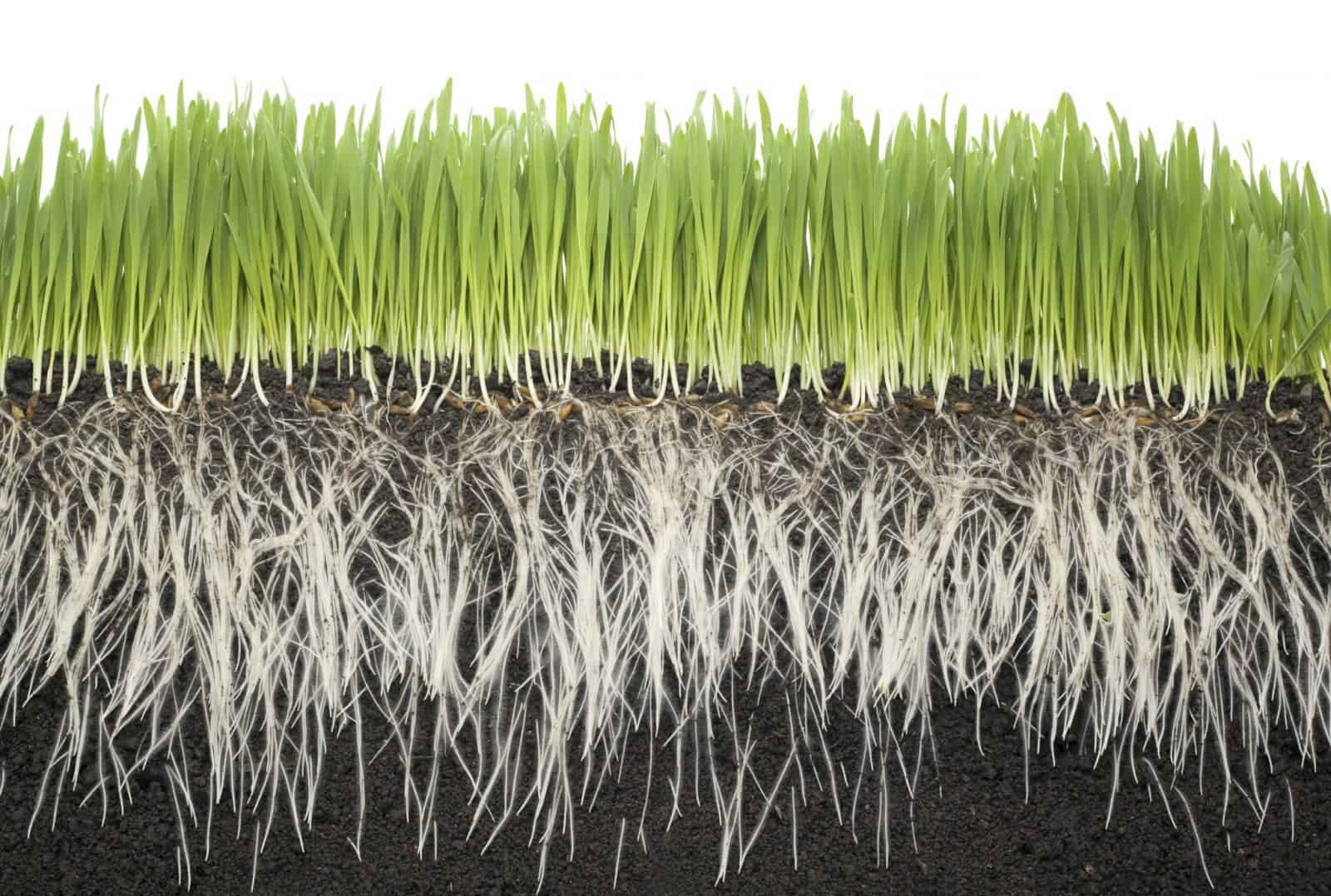
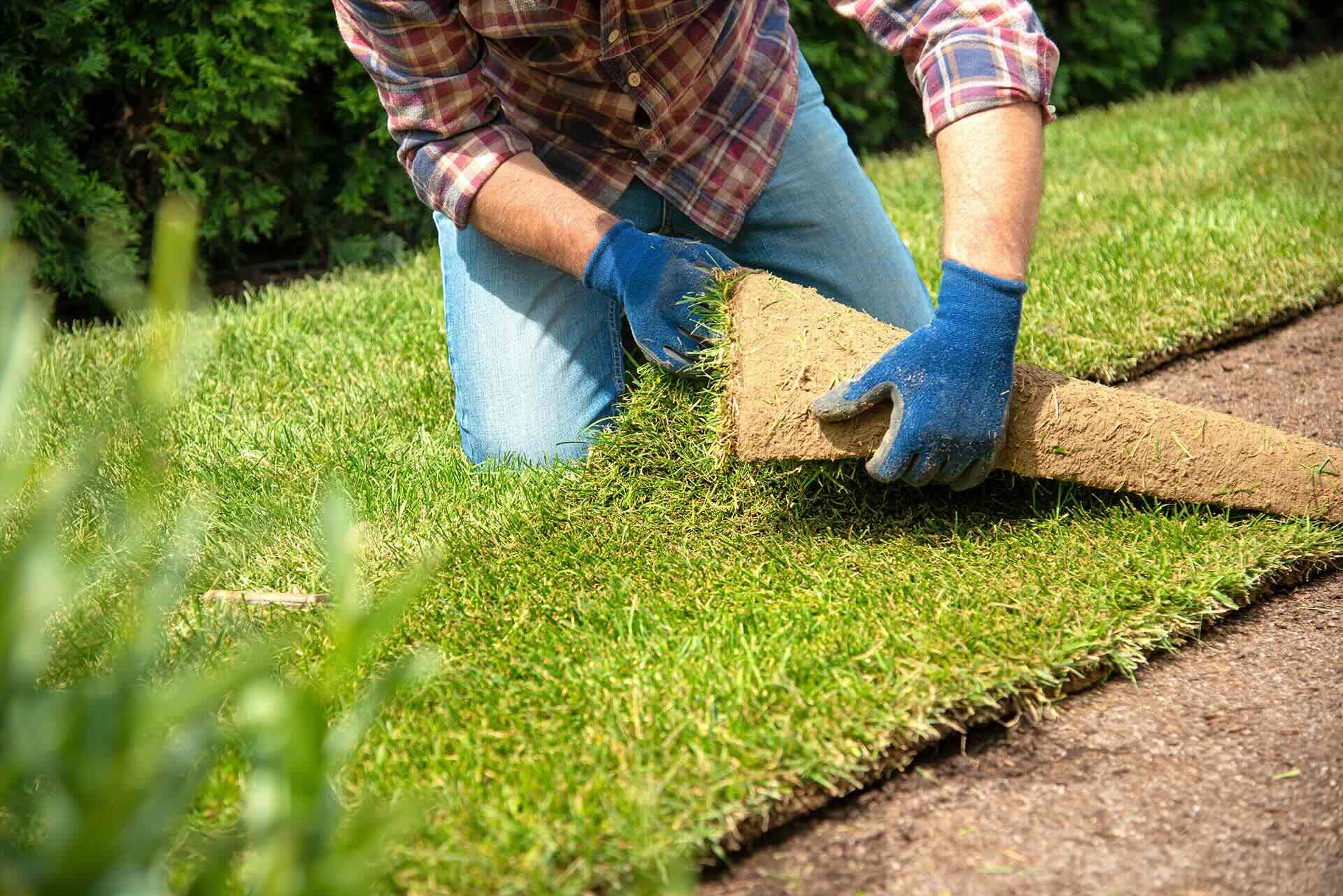
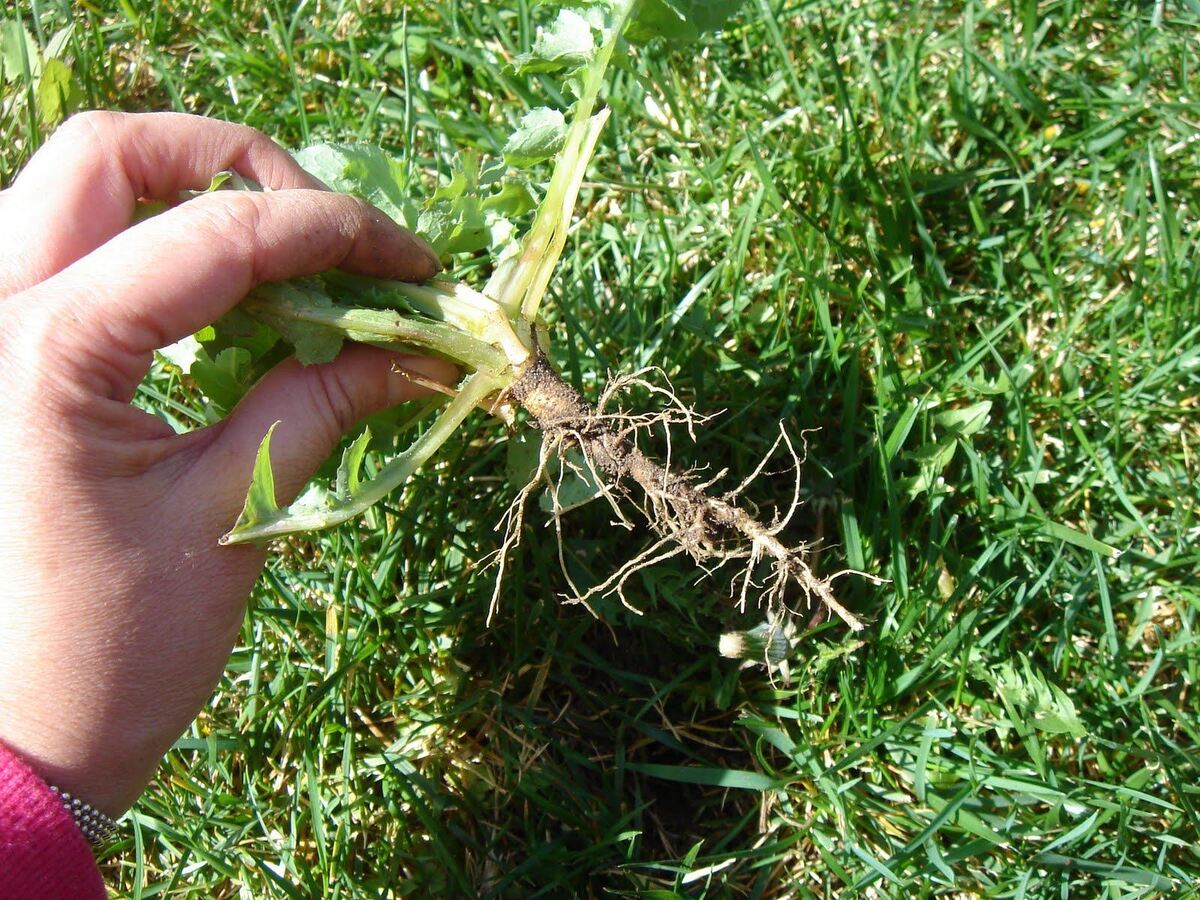
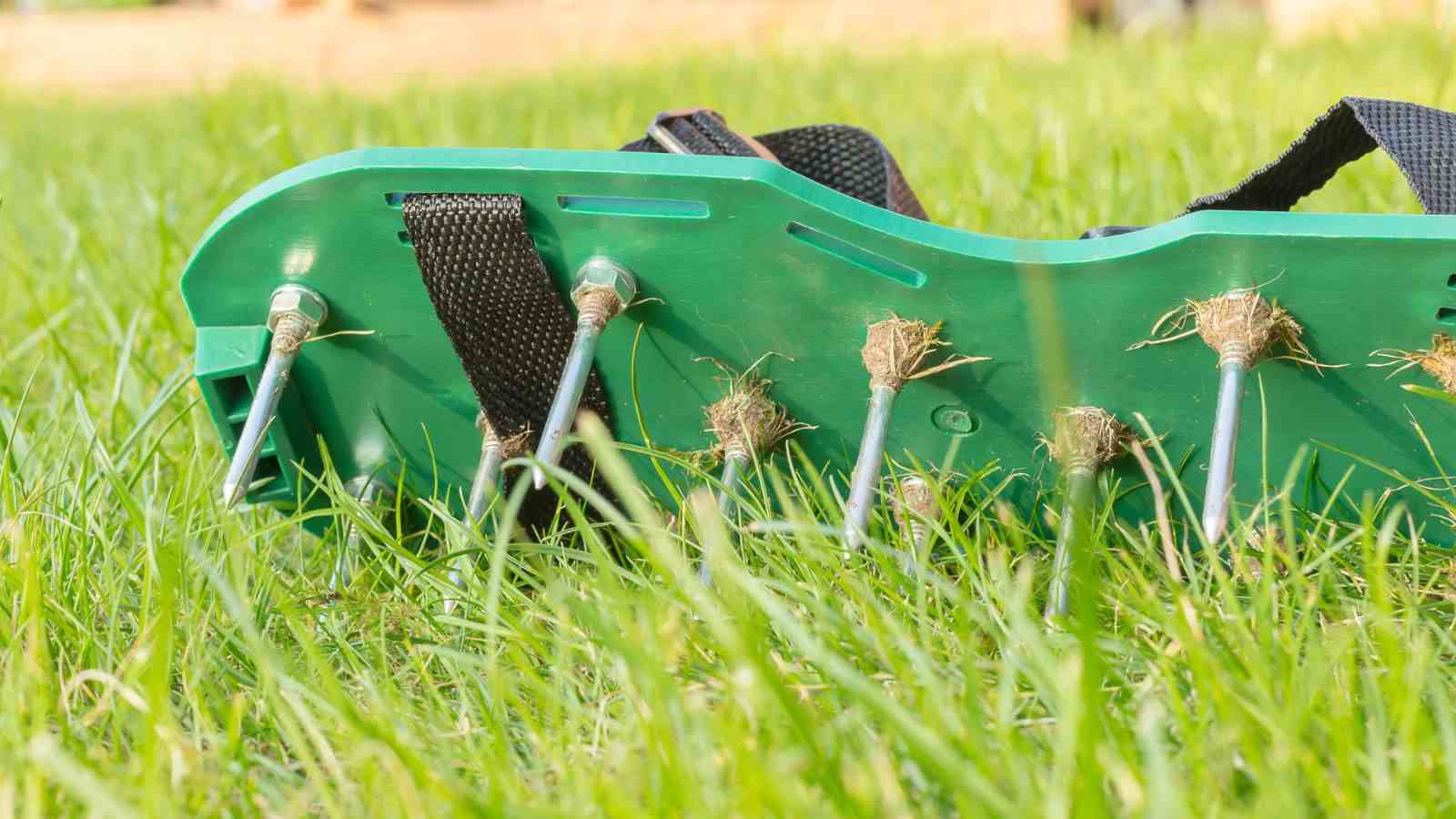
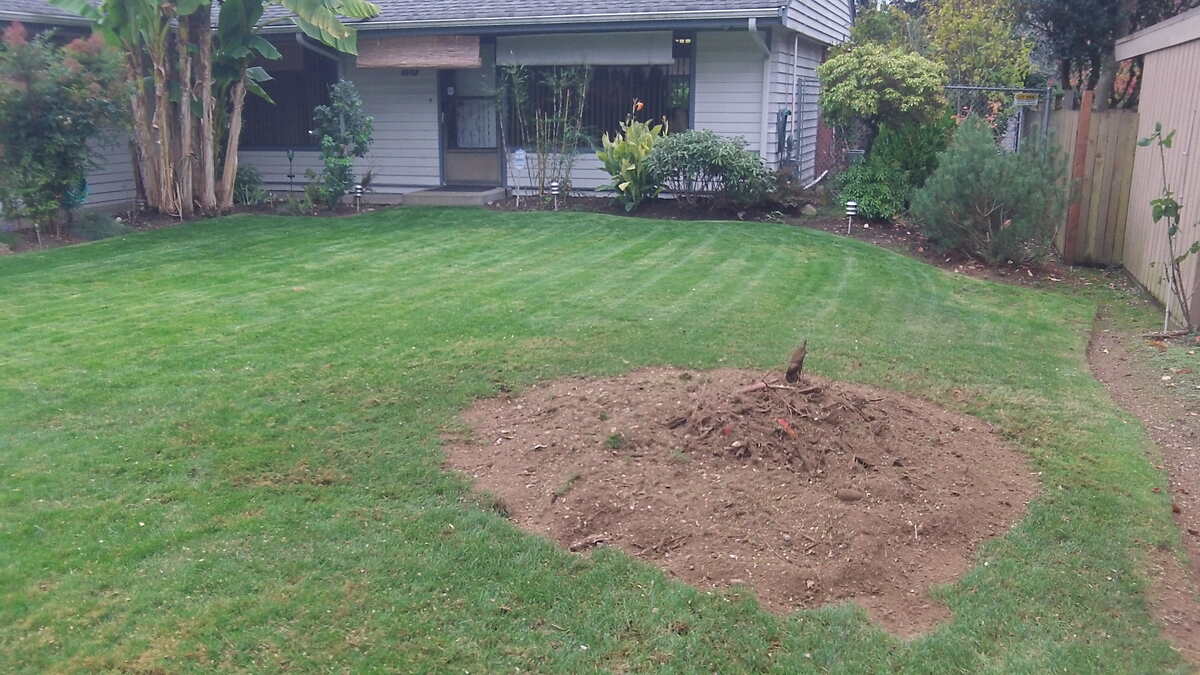
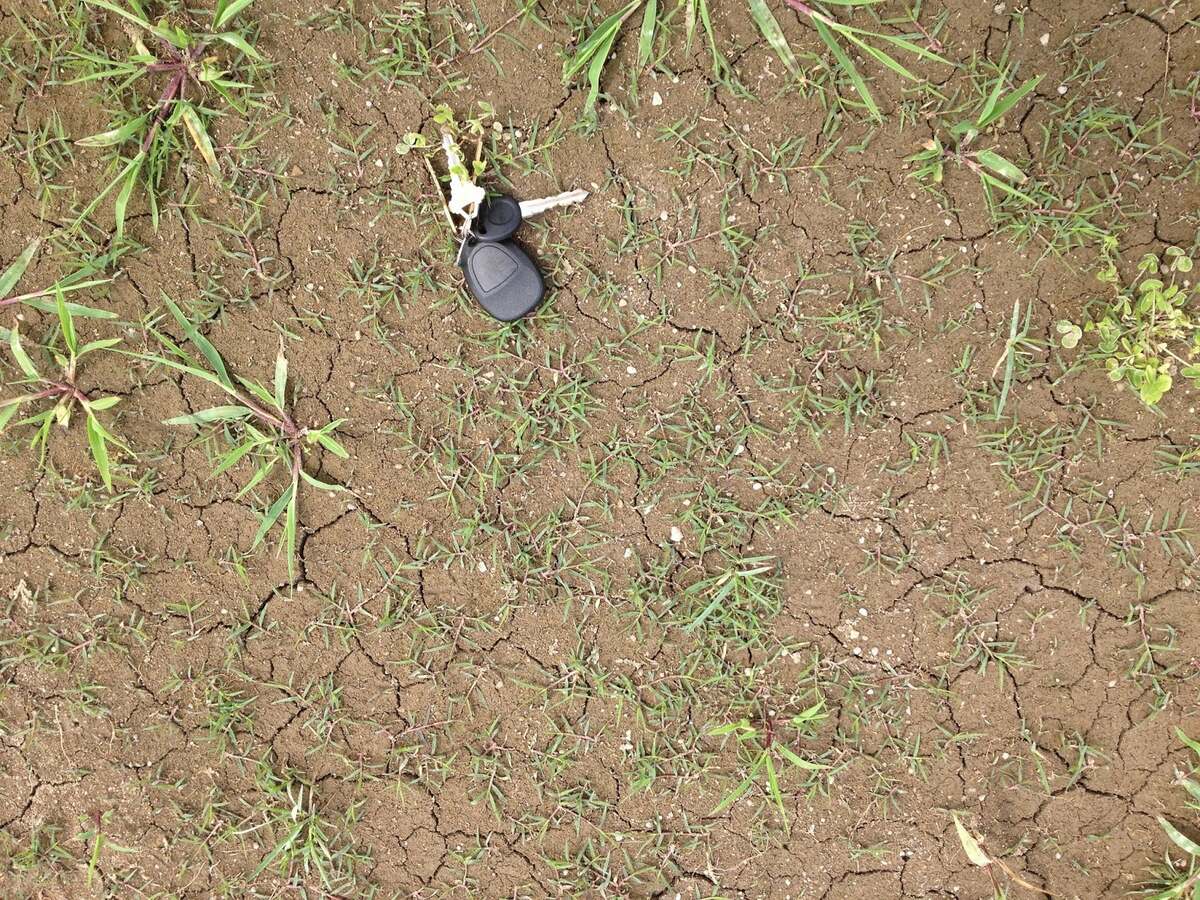
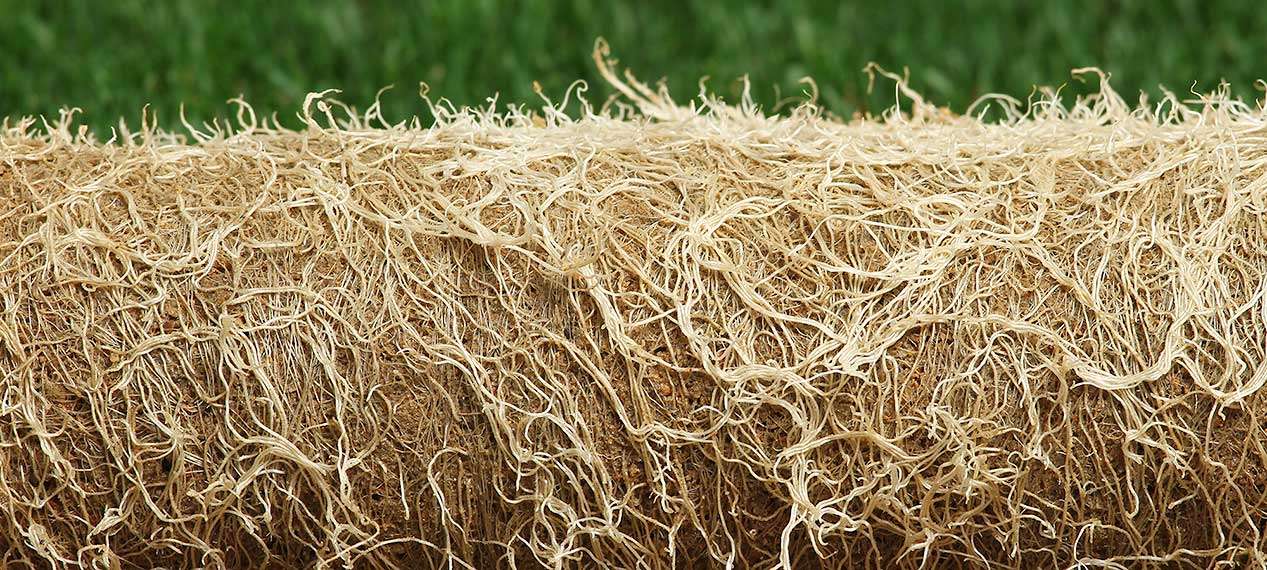
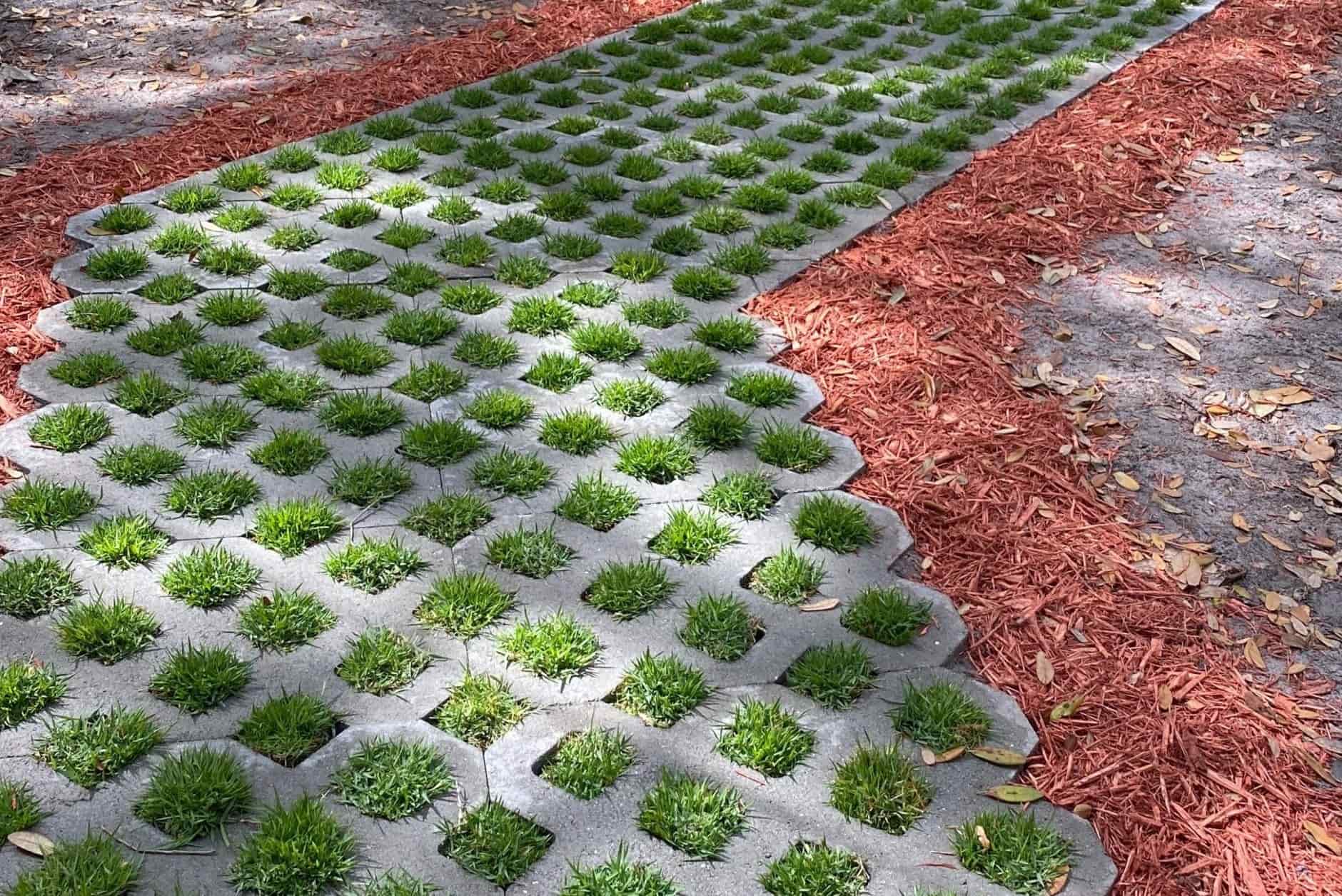
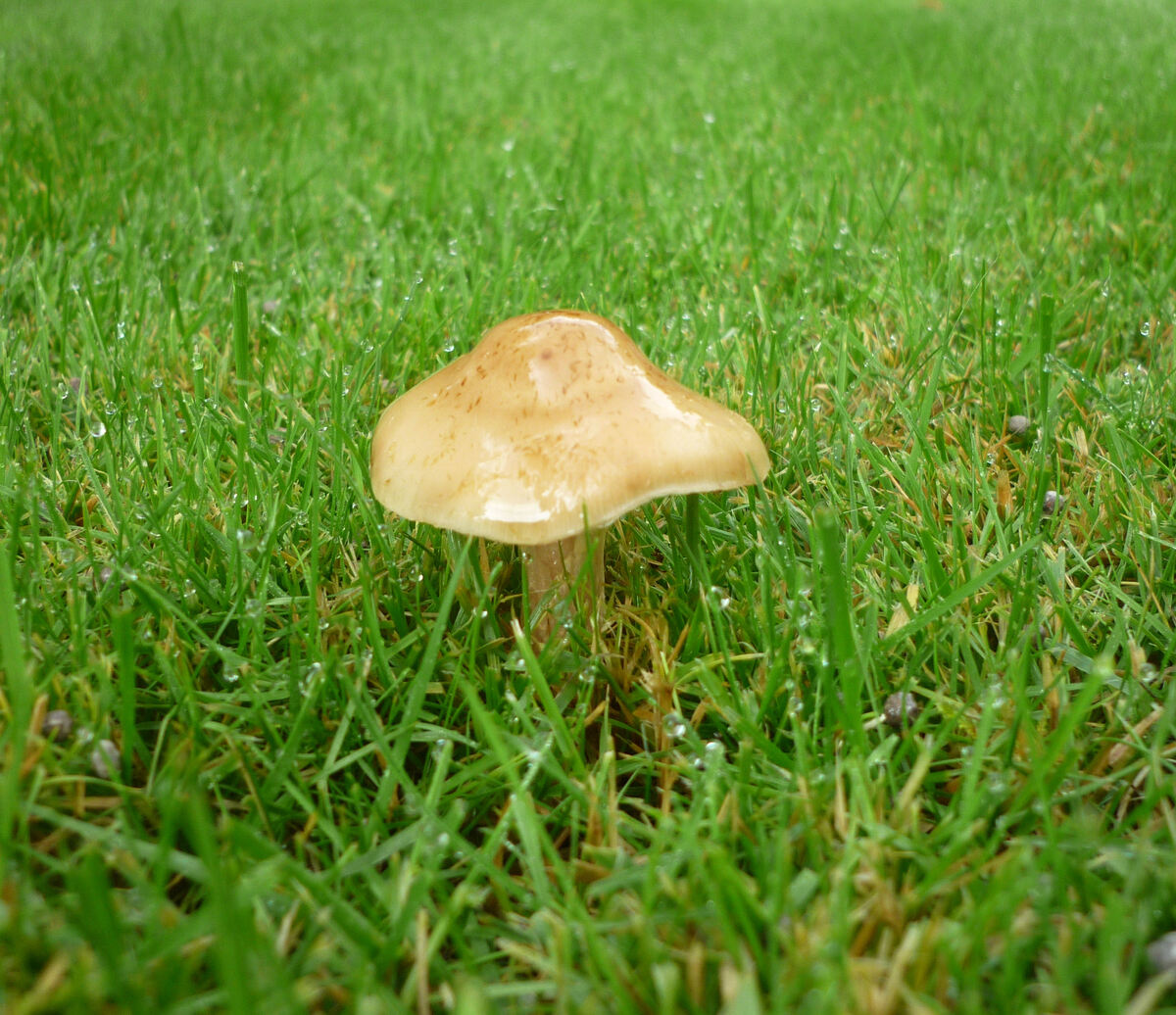
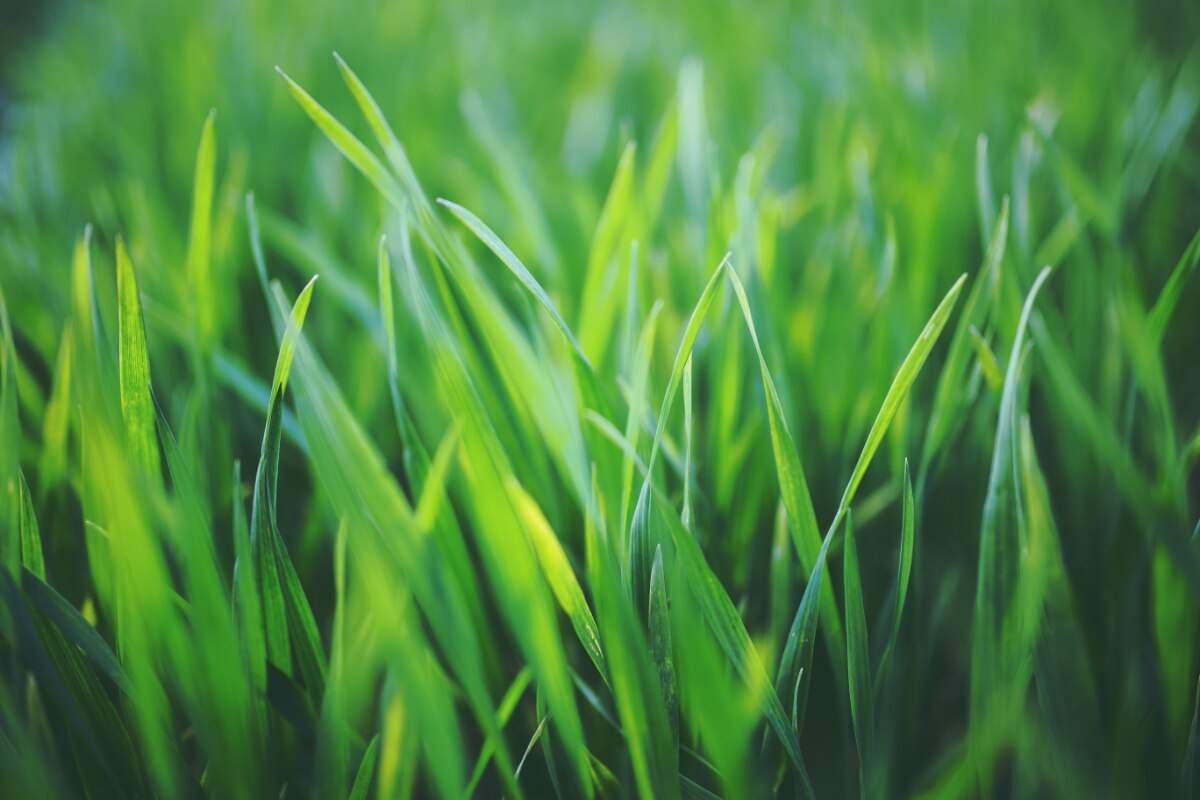
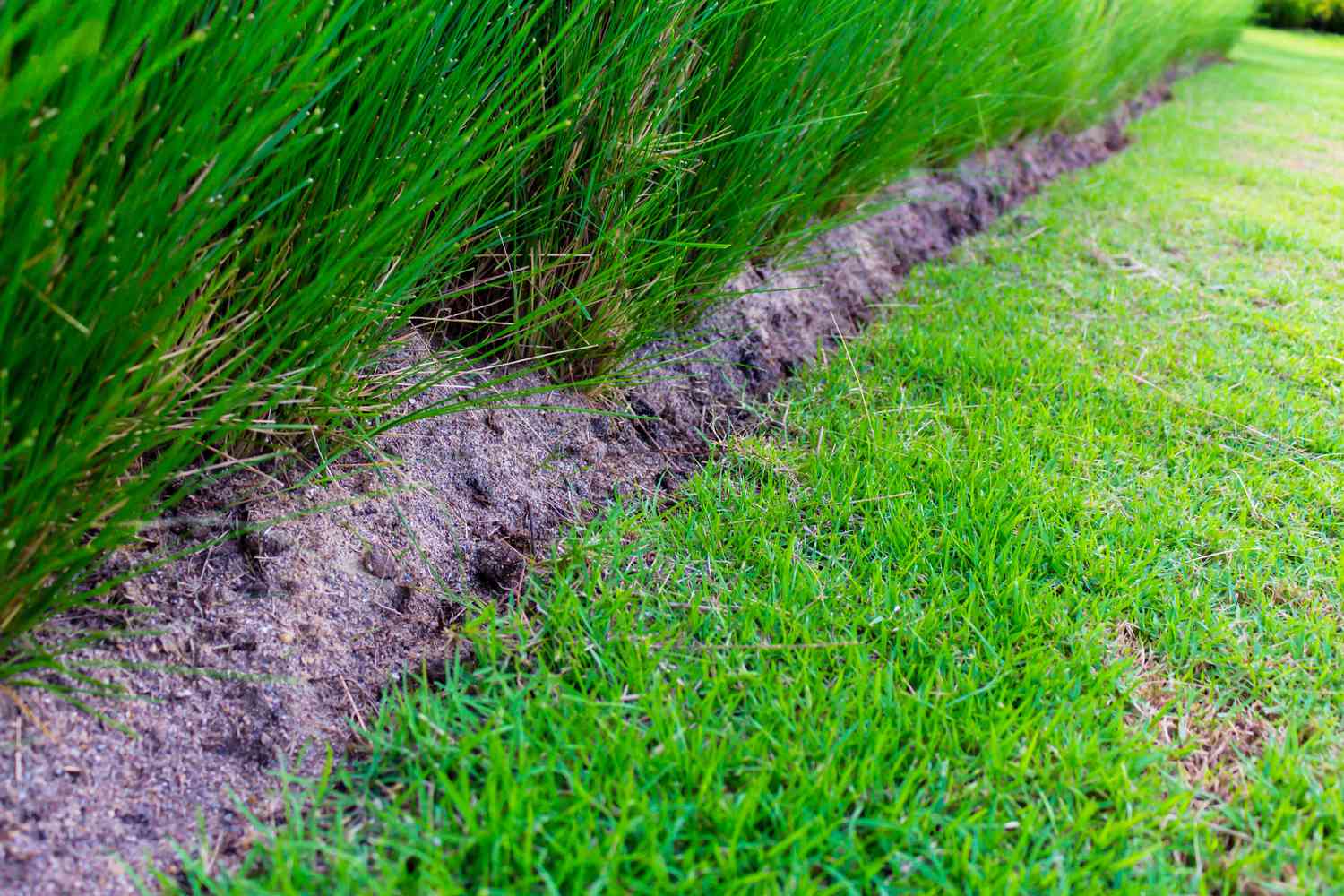

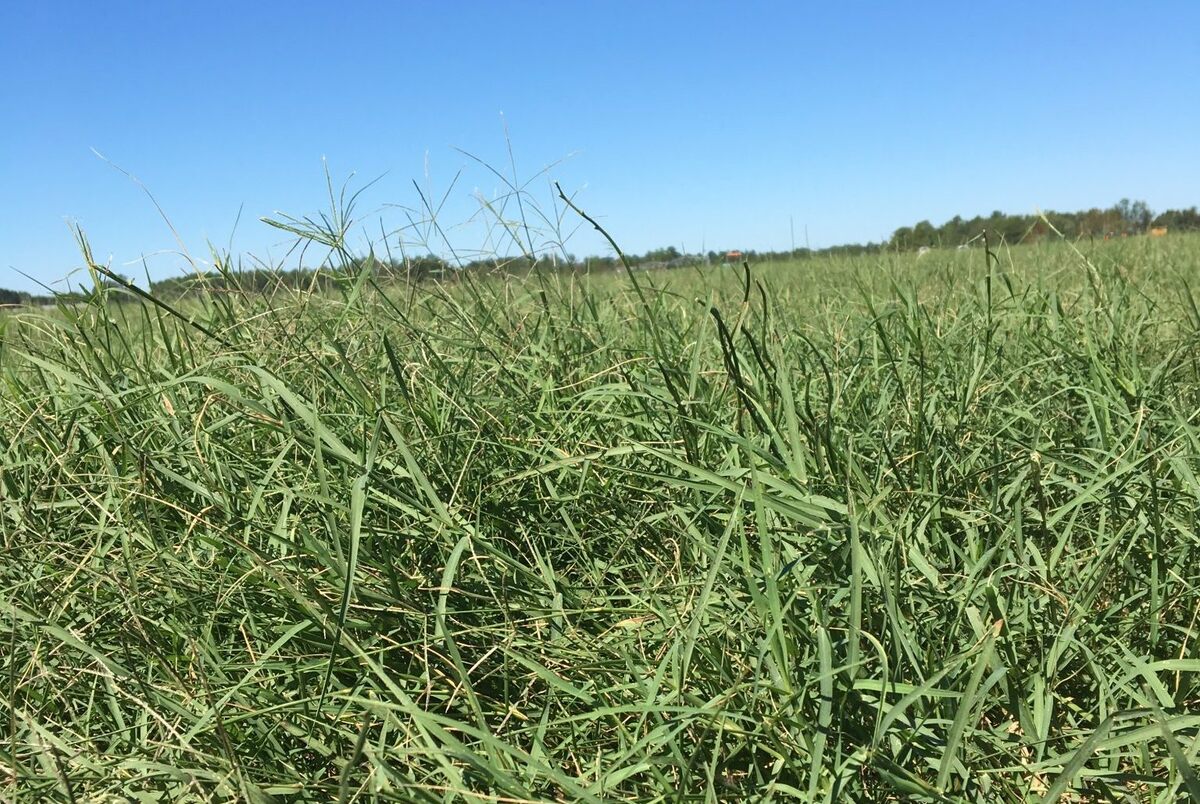
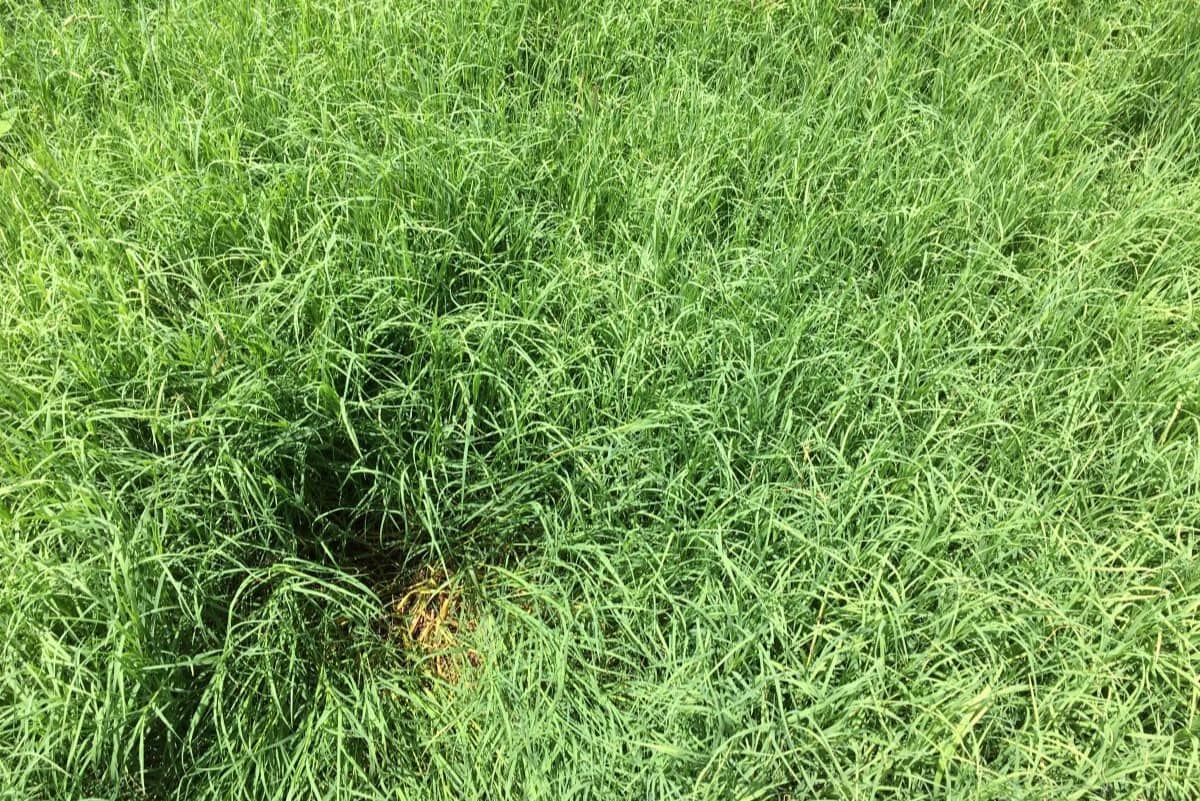

0 thoughts on “How Deep Do Bermuda Grass Roots Grow”